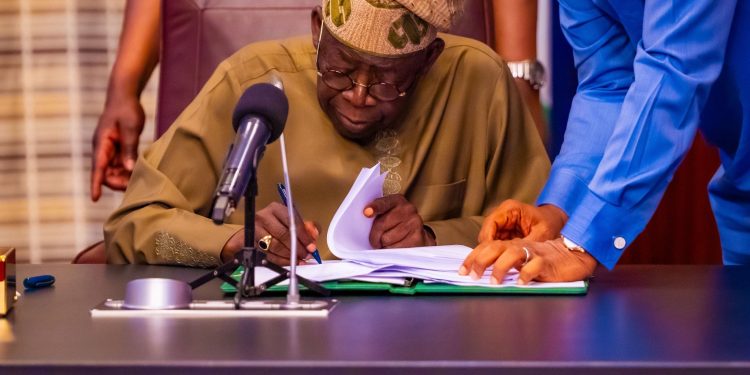FG finalizes ₦4 trillion plan to settle GenCos’ debts, boost power stability, and attract private investment in Nigeria’s electricity sector.
The Federal Government of Nigeria has finalized the implementation framework for a ₦4 trillion Presidential Power Sector Debt Reduction Plan, marking a major milestone in efforts to restore financial stability and attract private investment into the country’s electricity industry.
In a statement released by Mrs. Olu Verheijen, Special Adviser to the President on Energy, the initiative—approved by President Bola Ahmed Tinubu—is designed to resolve long-standing liquidity challenges, strengthen investor confidence, and establish the foundation for large-scale privatization and sustainable power generation.
According to Verheijen, the finalized framework represents a “credible and systematic approach” to addressing the structural issues that have plagued Nigeria’s electricity market for over a decade.
On Tuesday, October 7, 2025, key government officials, including Mr. Wale Edun, Minister of Finance and Coordinating Minister of the Economy, Chief Bayo Adelabu, Minister of Power, and Mrs. Verheijen, met with top executives of the nation’s power generation companies (GenCos) in Abuja to review modalities for clearing outstanding debts. The meeting concluded with an agreement to conduct bilateral negotiations aimed at finalizing settlement terms that balance government fiscal realities with the financial obligations of the GenCos.
ALSO READ: BREAKING: House of Reps Approves Bill to Establish Federal Medical Centre in Ikwuano, Abia State
Approved by the Federal Executive Council (FEC) in August 2025, the ₦4 trillion plan authorizes the issuance of government-backed bonds to settle verified arrears owed to generation companies and gas suppliers. This intervention, the largest in more than a decade, is expected to unlock investments, strengthen utility balance sheets, and enhance the delivery of reliable electricity nationwide.
Industry leaders have lauded the initiative as a long-awaited game changer. Mr. Tony Elumelu, Chairman of Heirs Holdings and Transcorp Power, praised the plan as a “bold and transformative step” that demonstrates the government’s commitment to reform. Similarly, Mr. Kola Adesina, Group Managing Director of Sahara Power Group, described it as a “significant milestone that restores confidence in the sector’s future.”
Beyond addressing historical debt, the debt reduction plan is seen as a strategic reset for the Nigerian electricity market. By restoring the financial health of power companies, the initiative aims to boost generation capacity, modernize grid infrastructure, and ensure more reliable power supply to homes and industries — laying a strong foundation for industrialization, job creation, and inclusive economic growth.
Verheijen further emphasized that the Tinubu administration is focused on creating an enabling environment for private investment:
“We are modernizing the grid, improving distribution, and closing metering gaps. By aligning tariffs with efficient costs and ensuring subsidies reach the poor and vulnerable, we are shifting from crisis response to sustainable progress.”
The ₦4 trillion debt reduction initiative represents one of the boldest interventions in Nigeria’s energy history — signaling a renewed government resolve to build a financially sustainable, investor-friendly, and reliable power sector capable of driving long-term economic transformation.


